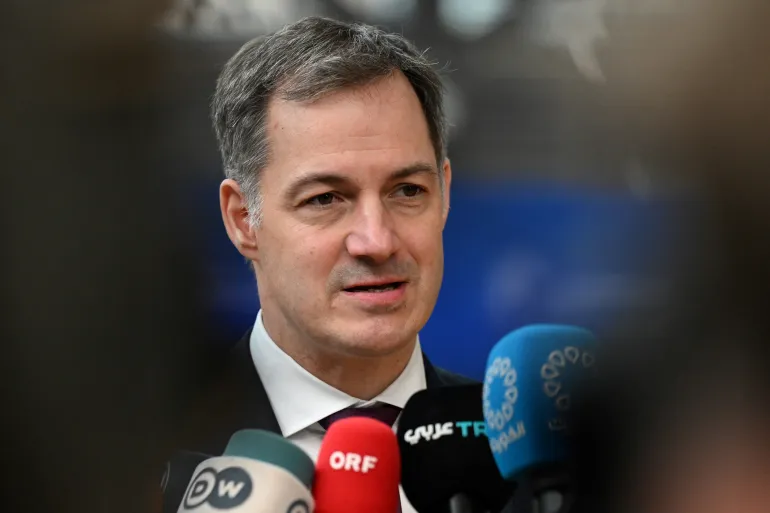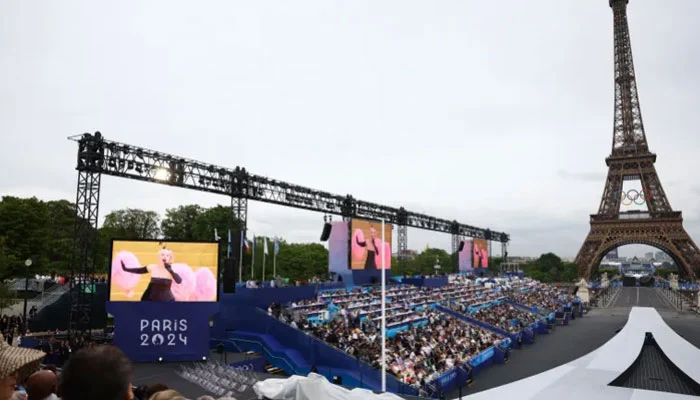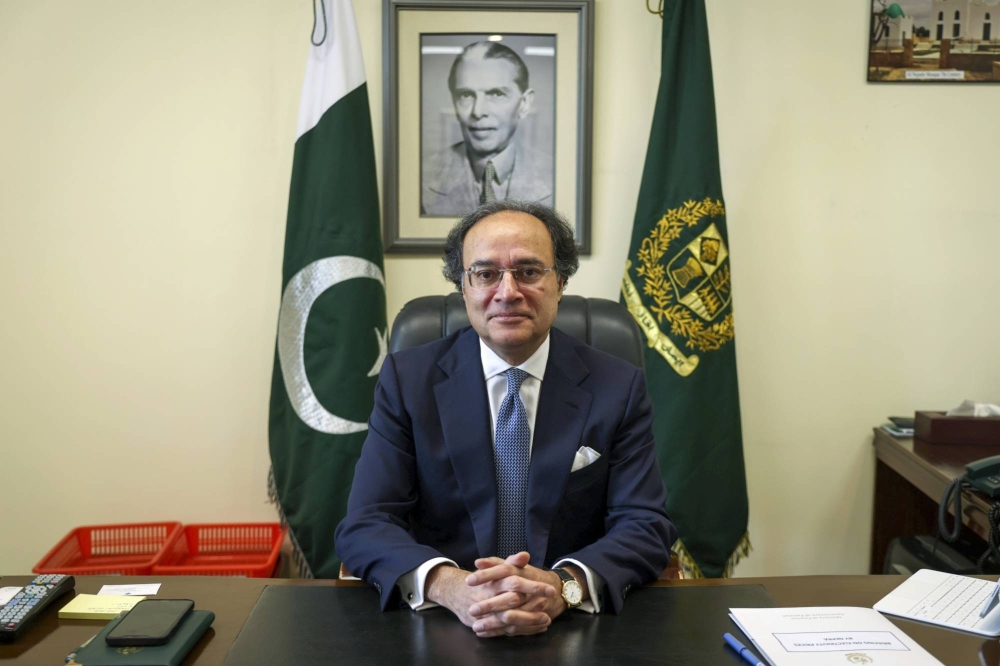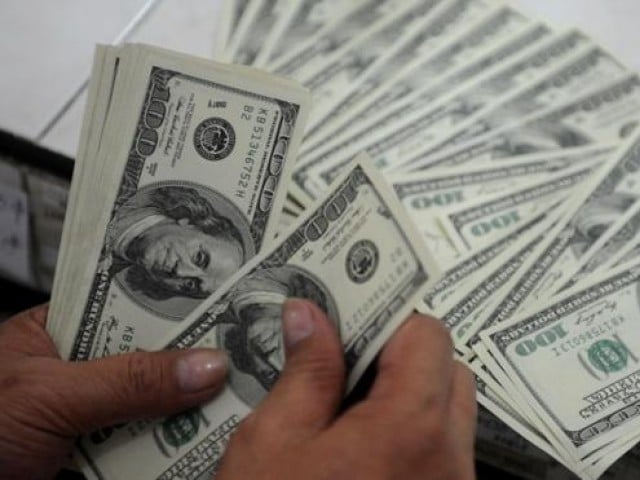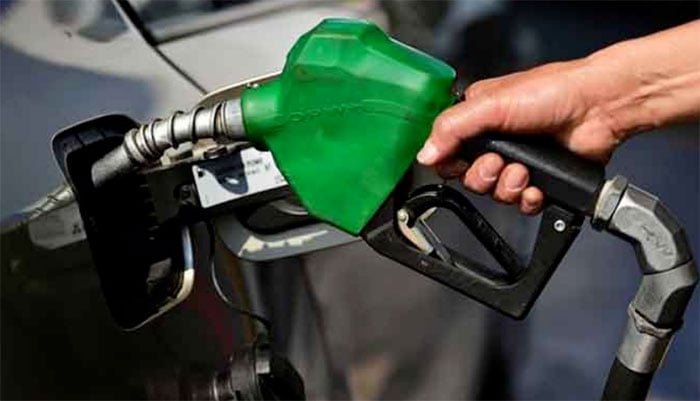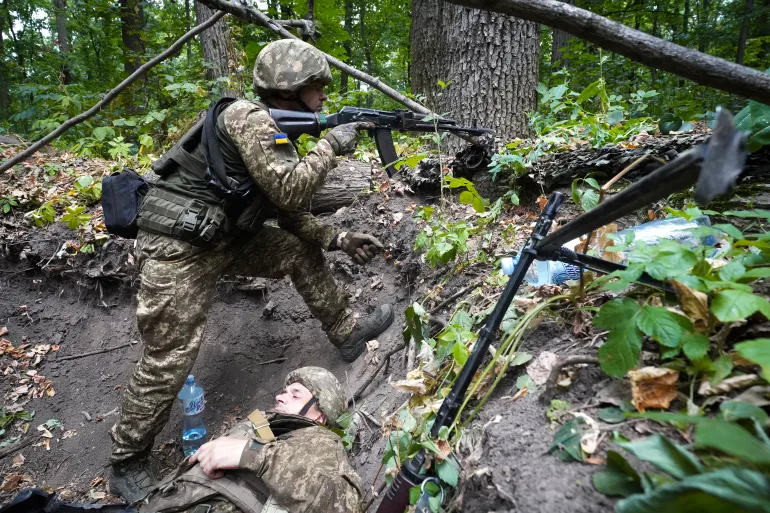Belgium is embarking on the challenging task of forming a new governing coalition following a recent election that has propelled centre-right parties to prominence across the country. The regional and national elections held on Sunday brought the conservative New Flemish Alliance (N-VA) into the forefront, maintaining its decade-long dominance in Dutch-speaking Flanders, outpacing the far-right Vlaams Belang, which secured the second position. Meanwhile, in French-speaking Wallonia, the centre-right Reformist Movement achieved a breakthrough by disrupting the long-standing dominance of the Socialist Party, also claiming the lead in Brussels.
Prime Minister Alexander De Croo, whose Open Flemish Liberals and Democrats party experienced a decline in support, tendered his resignation to King Philippe as per protocol on Monday in response to the election results. De Croo acknowledged the defeat, taking full responsibility for the outcome.
With the N-VA securing the highest number of seats (24) in the 150-seat federal parliament, party leader Bart De Wever, the incumbent mayor of Antwerp, emerges as a potential candidate for the prime ministerial role. This electoral shift signifies a departure from Belgium’s traditional narrative, where Flanders was perceived as right-leaning, while Wallonia leaned left, according to Vincent Laborderie, a professor at UCLouvain University, reflecting a structural shift towards the centre-right among the electorate.
In the coming months, political parties in Belgium will aim to build a coalition encompassing the predominantly right-of-centre parties in the Dutch-speaking region and the more left-leaning parties in the French-speaking region. Notoriously, Belgium’s coalition negotiations have historically been protracted, with discussions lasting as long as 541 days in the past. However, some experts anticipate a faster process this time, suggesting a potential six-month timeline to form a government, while De Croo will continue to serve as the caretaker prime minister in the interim.



































